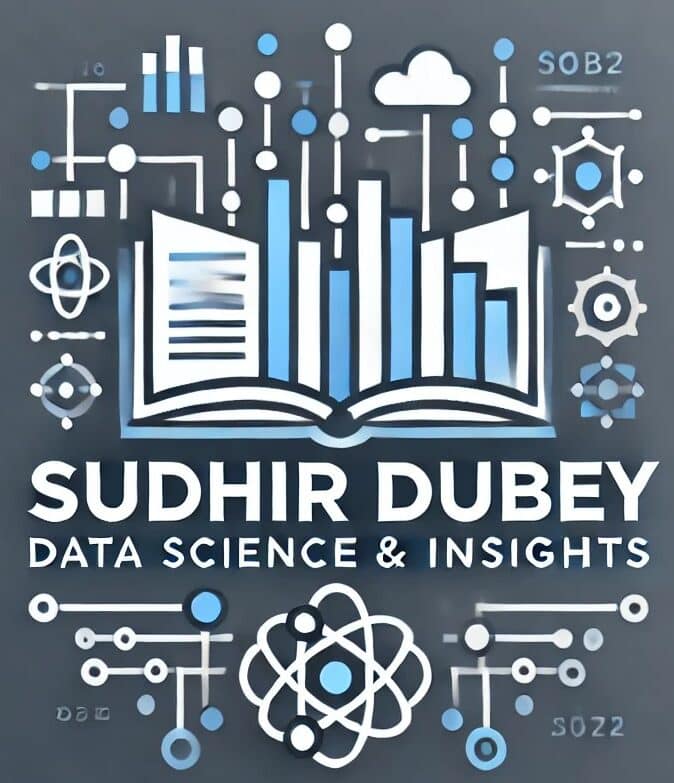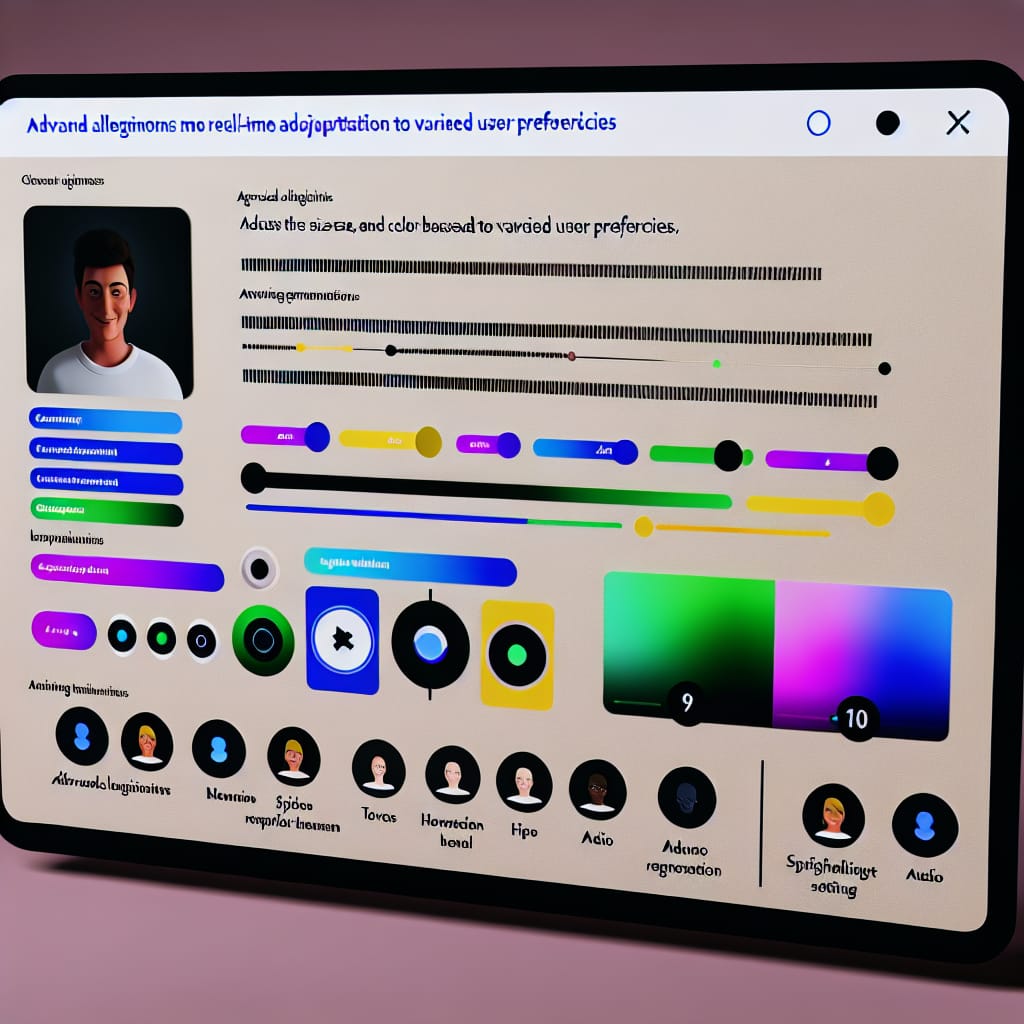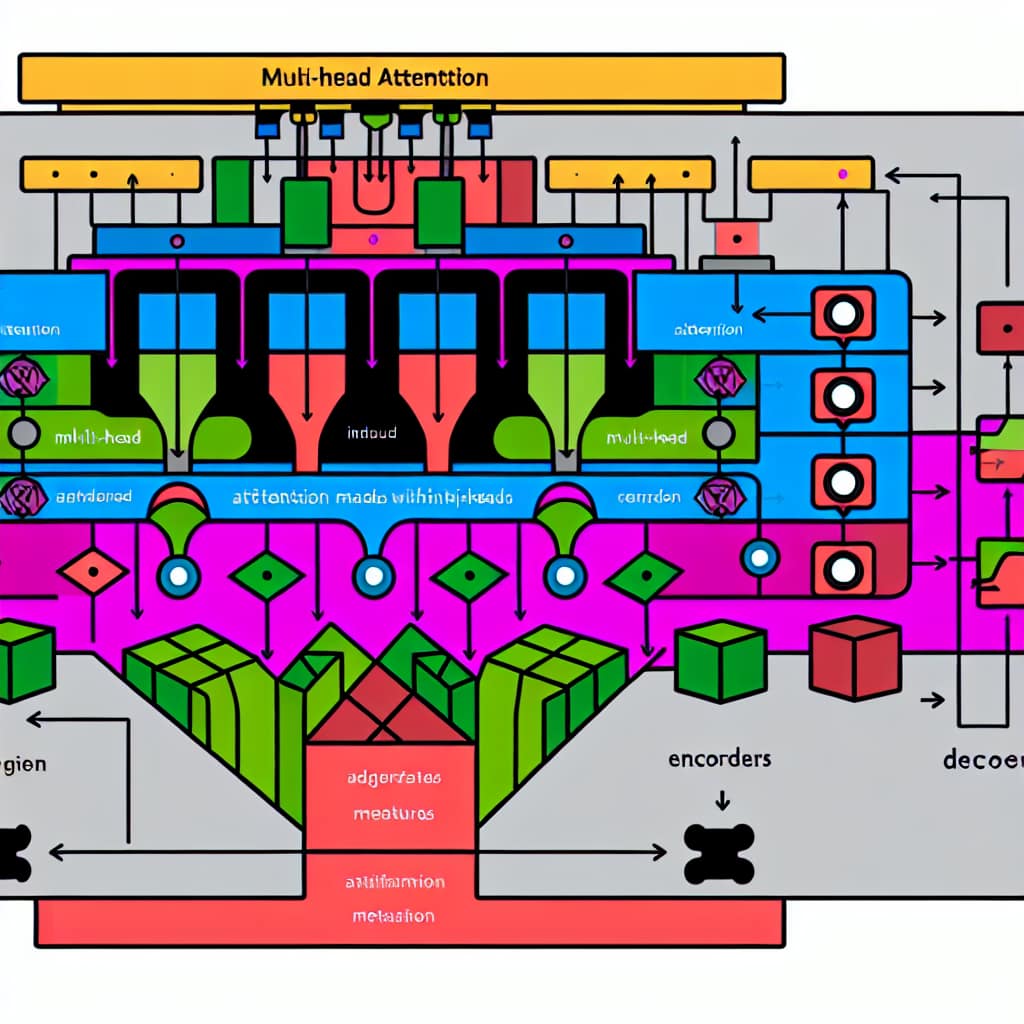Generative AI: Essential Insights into Personalized Experiences in 2025
Generative AI is transforming the landscape of personalized experiences, propelling businesses and technologies into a new era characterized by innovation and customization. In 2025, as the digital world continues to evolve, the demand for personalized user experiences is more critical than ever. Data Science professionals are at the forefront of this revolution, employing advanced generative AI models to create bespoke solutions that cater to individual user preferences.
This article delves into the essential ways generative AI is being utilized to craft personalized user experiences. By exploring the latest applications, frameworks, and trends, along with real-world examples, AI professionals and enthusiasts can gain insight into how personalization is reshaping user engagement and satisfaction.
Table of Contents
What is Generative AI?
Generative AI refers to a subset of artificial intelligence that focuses on generating content, such as images, text, or audio, that resembles or mimics existing data. Through sophisticated algorithms like Generative Adversarial Networks (GANs) and Variational Autoencoders (VAEs), generative AI models can produce highly realistic and diverse outputs. This technology is pivotal in various industries, offering creative solutions and driving innovation.
The Importance of Personalization in 2025
In 2025, personalization is not just a competitive advantage; it is a necessity. Users expect experiences tailored to their unique needs and preferences, from personalized shopping recommendations to custom content feeds. Personalization enhances user engagement, satisfaction, and retention, making it a crucial component of any successful digital strategy.
Generative AI plays a key role in advancing personalization by analyzing vast amounts of data to understand user behavior and preferences. Implementing these insights can help businesses deliver unique and relevant experiences, ultimately driving growth and customer loyalty.
Advanced Applications in Personalization
One of the most notable applications of generative AI in personalization is in the realm of content creation. Platforms like Netflix and Spotify leverage AI-generated recommendations to enhance user experience by offering tailored viewing or listening suggestions based on past interactions.
In e-commerce, platforms use AI to create dynamic, personalized shopping experiences. For instance, Amazon leverages machine learning algorithms to suggest products based on user history, search patterns, and purchase behavior. This personalized approach not only boosts sales but also enhances customer satisfaction.
Real-World Case Studies
One real-world example of effective personalization is seen in the fashion industry. ASOS, a popular online clothing retailer, uses generative AI to deliver personalized styling recommendations. By analyzing user data, such as past purchases and browsing history, ASOS provides users with individualized outfit suggestions, enhancing the shopping experience.
In healthcare, generative AI is making strides in personalized medicine. Companies like IBM Watson Health use AI to analyze complex medical data, offering personalized treatment recommendations to patients, thereby improving patient outcomes and satisfaction.
Emerging Trends and Frameworks
As personalization becomes more advanced, several trends and frameworks are emerging. One of these is the rise of federated learning, which allows AI models to be trained across multiple devices without sharing raw data. This approach supports personalization while ensuring user privacy and data security.
Furthermore, the integration of AI with Internet of Things (IoT) devices is enhancing personalization. Smart home systems equipped with AI can learn user habits and preferences, offering tailored automation and energy usage suggestions, thereby optimizing convenience and efficiency.
To explore these technologies further, check out our AI and IoT Integration and Federated Learning Models articles.
FAQ Section
How does generative AI enhance personalization?
Generative AI enhances personalization by analyzing user data to generate customized content or recommendations that cater to individual preferences.
What industries benefit the most from generative AI?
Industries such as e-commerce, entertainment, healthcare, and fashion significantly benefit from generative AI through personalized recommendations and services.
What are GANs?
Generative Adversarial Networks (GANs) are a type of AI model used to generate realistic synthetic data by pitting two neural networks against each other: a generator and a discriminator.
Is personalization safe for user data?
Yes, with advancements like federated learning, personalization can be achieved while ensuring user data privacy and security. Trustworthy sources, such as [NIST](https://www.nist.gov/), provide guidelines on maintaining security in AI applications.
Conclusion
Generative AI is revolutionizing how businesses and technologies interact with users by offering tailored and personalized experiences. The integration of AI with advanced data analysis and privacy-preserving techniques ensures that personalization is both effective and secure. As we move forward, the future of AI-driven personalization promises even greater innovations and possibilities for enhancing user satisfaction and engagement.
To stay informed about the latest in AI and data science, subscribe to our newsletter and explore more about the Future of AI in our recent articles.



